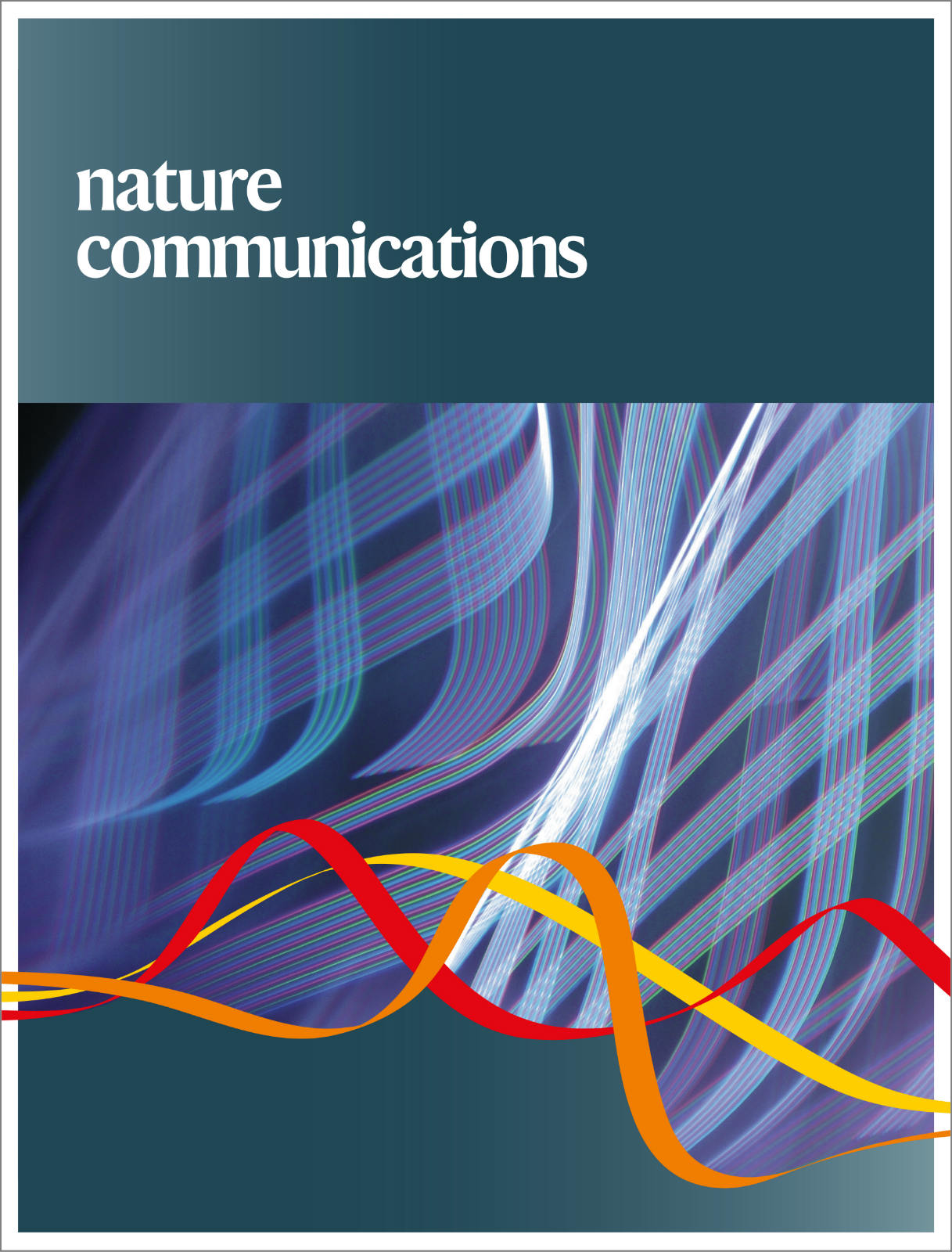甲基化参考数据集从四重奏DNA材料为基准的表观基因组测序。
IF 15.7
1区 综合性期刊
Q1 MULTIDISCIPLINARY SCIENCES
引用次数: 0
摘要
缺乏定量甲基化参考数据集(基本事实)和跨实验室可重复性评估阻碍了全表观基因组测序技术的临床转化。使用经过认证的四重奏DNA参考物质,我们在三种主流方案(全基因组亚硫酸盐测序、酶促甲基测序和tet辅助吡啶硼烷测序)中生成108个表观基因组测序数据集,每个样本在实验室中有三个副本。我们在所有协议和文库中观察到链特异性甲基化偏差。跨实验室可重复性分析显示高定量甲基化水平一致性(平均Pearson相关系数(PCC) = 0.96),但低检测一致性(平均Jaccard指数= 0.36)。使用共识投票,我们构建了全基因组定量甲基化参考数据集,作为能力测试的基础真相。关键技术参数——包括平均CpG深度、覆盖范围和链一致性——与参考相关的质量指标(召回率、PCC和RMSE)密切相关。总的来说,这些资源为新兴表观基因组技术和分析管道的基准建立了基础标准,使研究和临床应用中的强大,标准化的质量控制成为可能。本文章由计算机程序翻译,如有差异,请以英文原文为准。
Methylation reference datasets from quartet DNA materials for benchmarking epigenome sequencing.
The lack of quantitative methylation reference datasets (ground truth) and cross-laboratory reproducibility assessment hinders clinical translation of epigenome-wide sequencing technologies. Using certified Quartet DNA reference materials, here we generate 108 epigenome-sequencing datasets across three mainstream protocols (whole-genome bisulfite sequencing, enzymatic methyl-seq, and TET-assisted pyridine borane sequencing) with triplicates per sample across laboratories. We observe strand-specific methylation biases across all protocols and libraries. Cross-laboratory reproducibility analyses reveal high quantitative methylation levels agreement (mean Pearson correlation coefficient (PCC) = 0.96) but low detection concordance (mean Jaccard index = 0.36). Using consensus voting, we construct genome-wide quantitative methylation reference datasets serving as ground truth for proficiency testing. Key technical parameters-including mean CpG depth, coverage, and strand consistency-correlate strongly with reference-dependent quality metrics (recall, PCC, and RMSE). Collectively, these resources establish foundational standards for benchmarking emerging epigenomic technologies and analytical pipelines, enabling robust, standardized quality control in research and clinical applications.
求助全文
通过发布文献求助,成功后即可免费获取论文全文。
去求助
来源期刊

Nature Communications
Biological Science Disciplines-
CiteScore
24.90
自引率
2.40%
发文量
6928
审稿时长
3.7 months
期刊介绍:
Nature Communications, an open-access journal, publishes high-quality research spanning all areas of the natural sciences. Papers featured in the journal showcase significant advances relevant to specialists in each respective field. With a 2-year impact factor of 16.6 (2022) and a median time of 8 days from submission to the first editorial decision, Nature Communications is committed to rapid dissemination of research findings. As a multidisciplinary journal, it welcomes contributions from biological, health, physical, chemical, Earth, social, mathematical, applied, and engineering sciences, aiming to highlight important breakthroughs within each domain.
 求助内容:
求助内容: 应助结果提醒方式:
应助结果提醒方式:


